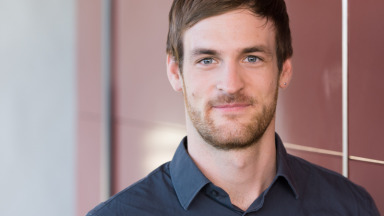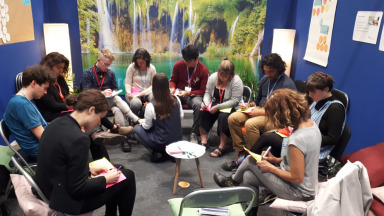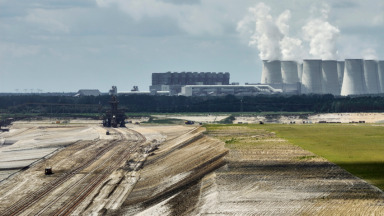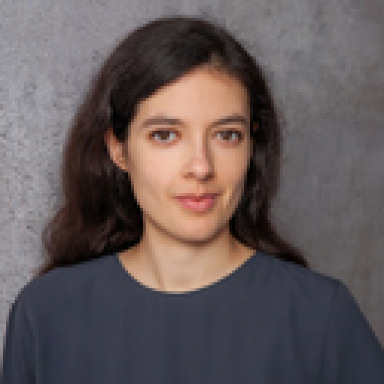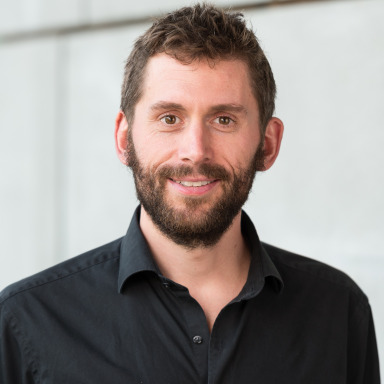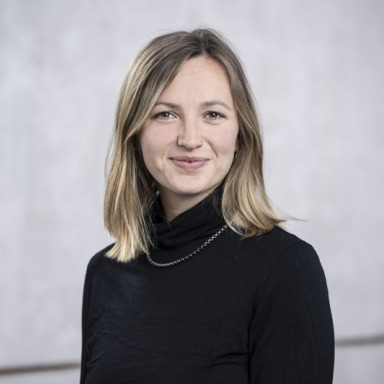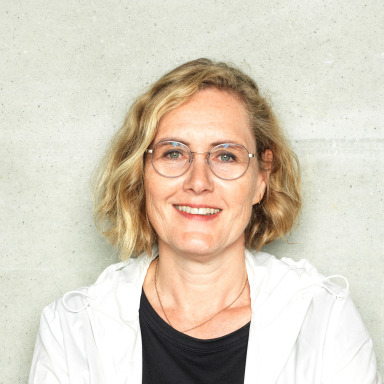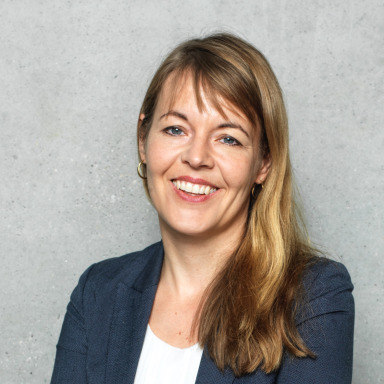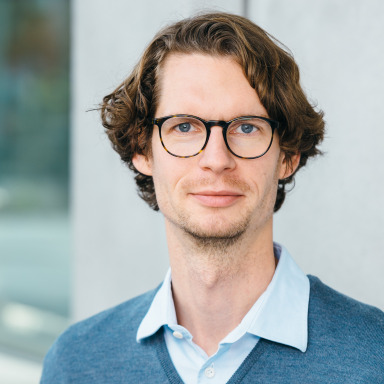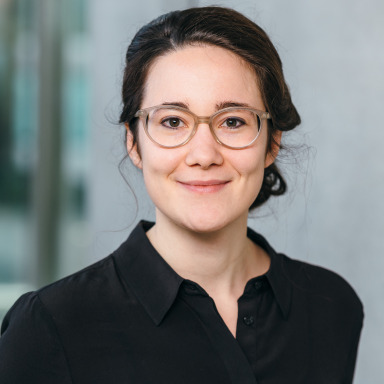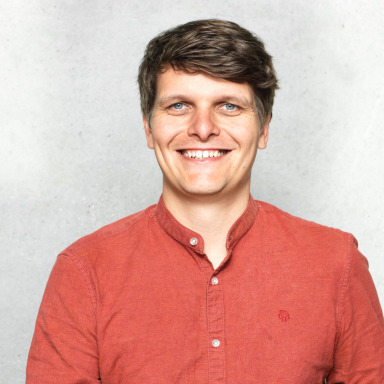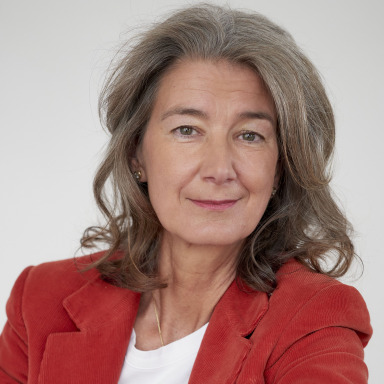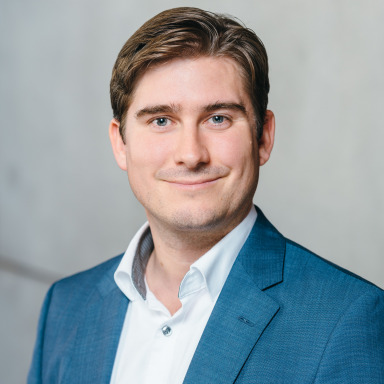Headline:
Co-Creation
The transdisciplinary approach to research practiced at the IASS fosters dialogue between academia, policymakers, civil society, and the business sector. Building on this experience, “Co-creation and Contemporary Policy Advice” studies the implementation of multi-stakeholder processes resulting in reciprocal learning and decision-making. The goal is to facilitate the development of solutions that enjoy broad support. This research focuses in particular on the dynamics of stakeholder interactions and the integration of different forms of knowledge. The insights gained in this project will contribute to the development of a contemporary approach to science-based guidance for policymakers, civil society, and the public.

